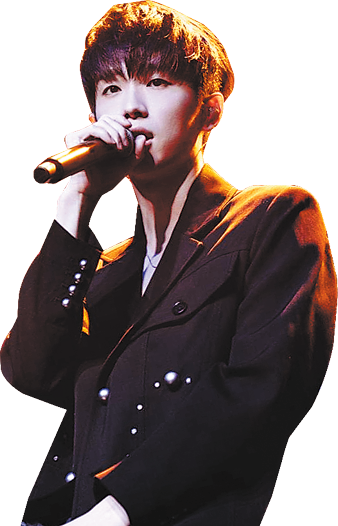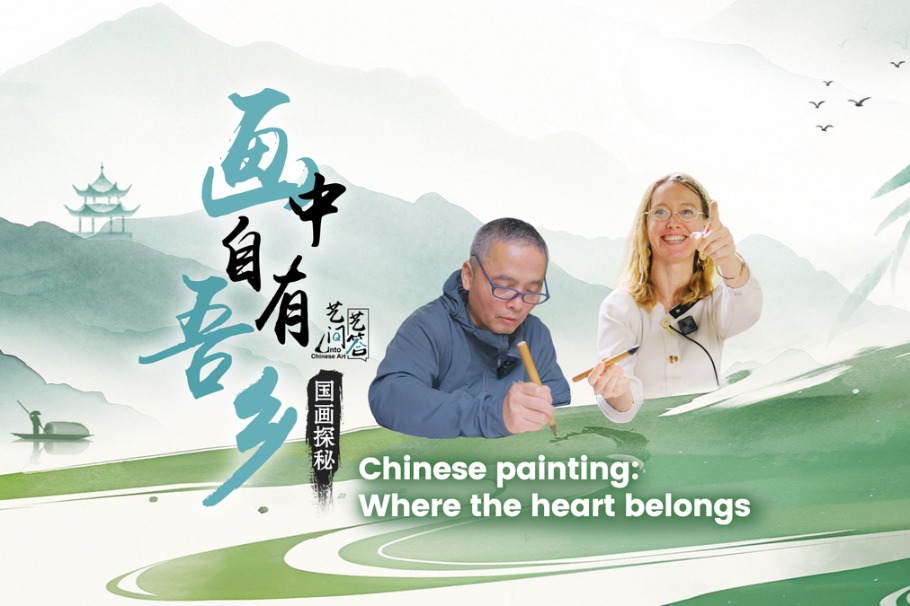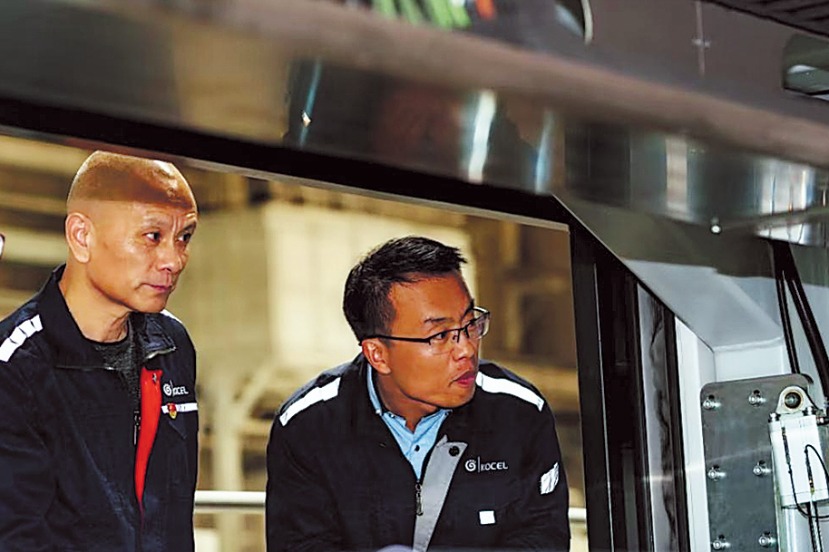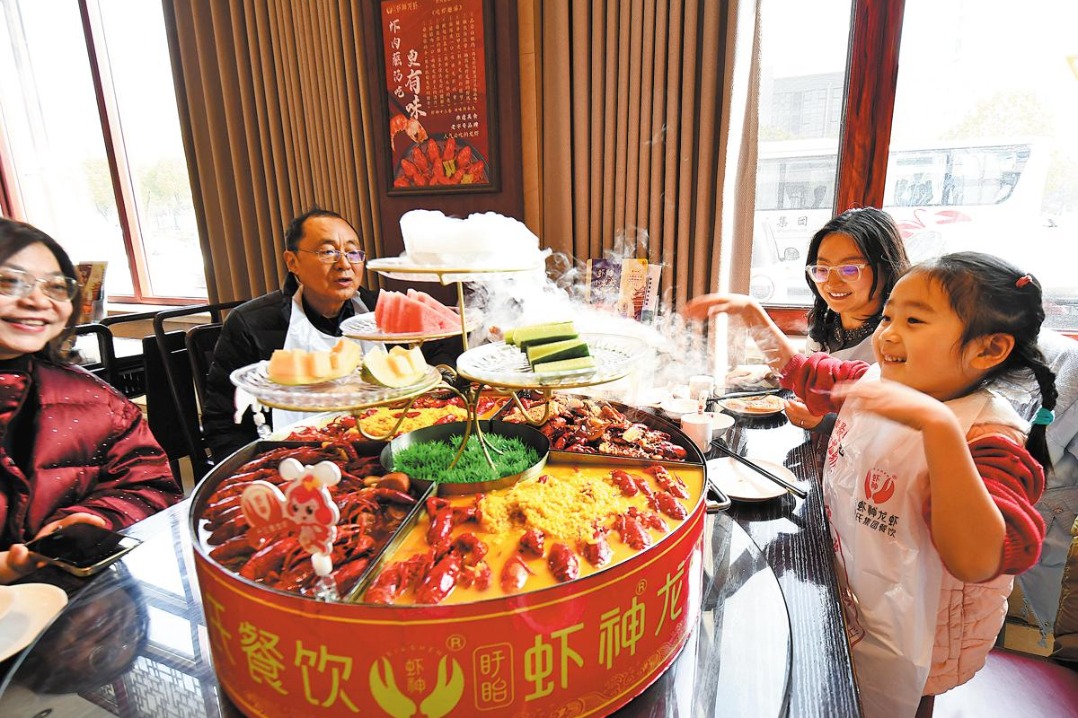Music mavericks set the tone for China's next generation
Classically trained performers modernize, popularize traditional art form


The broken guitar string recoiled like a serpent, the metallic twang echoing through the backstage corridors of a Kuala Lumpur theater. Shanghai-born singer Cao Yang stared at his throbbing fingertip, a crimson bead welling where a callus had been pierced.
It was only three hours until showtime at the Arena of Stars — a 5,000-seat venue filled with fans waiting for a performer who joked that six years ago he couldn't fill a Shanghai dive bar.
Cao, 33, is one of a new breed of young Chinese musicians, many of whom are classically trained, cultivating fresh audiences through technology, innovative ideas and the fusion of musical genres. Others are mashing together their musical credentials with massive social media followings to become brand ambassadors for high-end products and luxury items.
Concert halls and opera houses once filled with silver-haired patrons now pulsate with crowds aged under 30.
"I realized classical training gave me tools, not chains," Cao said.
Cao studied at the Shanghai Conservatory of Music and graduated in 2011 with a focus on musical theater. Before that, he had won several talent competitions after studying music theory and classical guitar from a young age.
Despite his pedigree, he describes himself back then as a prodigy who performed in near empty halls. He said he was once dismissed by pop music producers as playing with "museum-piece rigidity".























